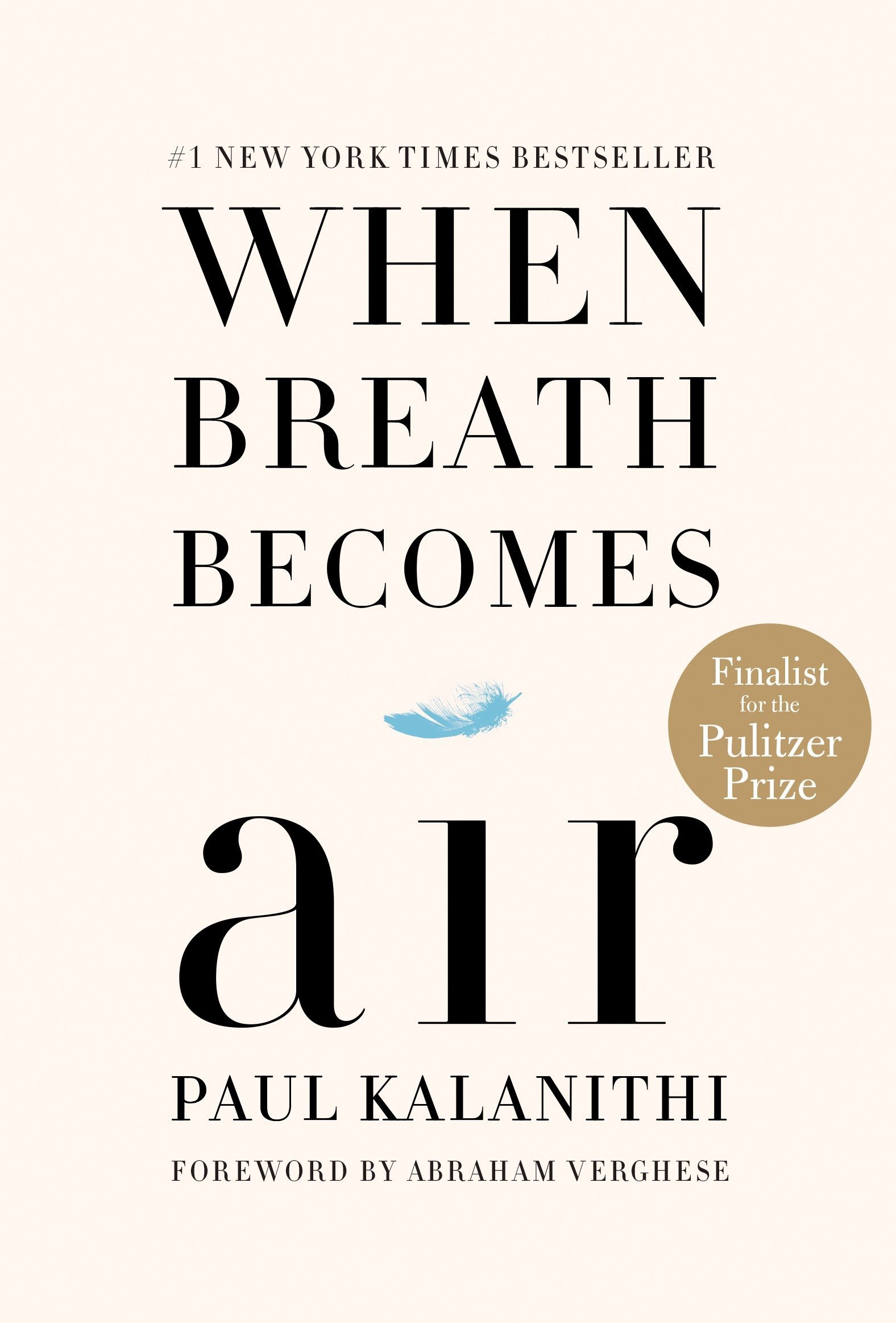My thoughts: Even though as a teen, I feel like I have a lot of time left, I don't know when I might die, or what might happen, and it is very important to be able to accept whatever happens. I also saw how difficult the life of a surgeon can be, with all the stresses of life and death on the line.
In the last two years of his life, Dr. Paul Kalanithi, a neurosurgeon, dedicated his life to documenting what he had learned about death and how we cope with it.
He had been working to become a neurosurgeon for years and was in the culmination of his residency when the back pains first began. When he went in to get a scan, it was confirmed. He had Stage IV cancer, and one of the most deadly types, too.
When he is diagnosed, everything he ever worked for is suddenly rearranged. Should he have a child? What about a job? And how long of a life should I plan for? Ultimately, the first round of drugs that he tries holds the cancer cells back, allowing him to opt for a child - but only after ensuring that his wife, Lucy, is okay with the probable burden of becoming a single mother. He even gets a lucrative job offer, which he turns down due to its distance from his oncologist and family.
Unfortunately, while his oncologist is away, he suffers a relapse when a resident fails to give him the drugs that he needs, and neither of the other two solutions works for long, bringing him to the brink of death just months after his daughter is born. He grapples with the question that he has been considering since his diagnosis one last time: What kind of life is worth living? His answer, that life should have a purpose, led him to try therapy methods that would enable him to work as much as possible, and finally took him to his death, when he decided to end life support because a life like that would not be useful.
His story of striving, trying to live, then coming to terms with death, is eloquently told, and just relatable enough that a reader can understand. "It's just tragic enough and just imaginable enough".
